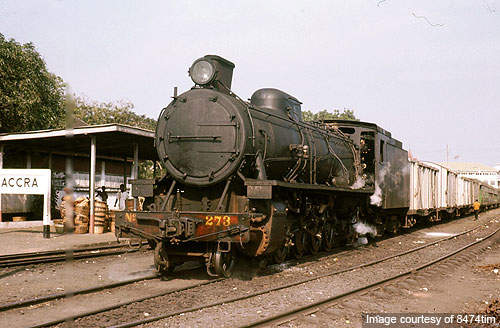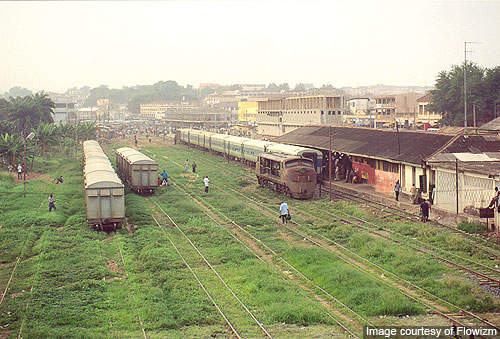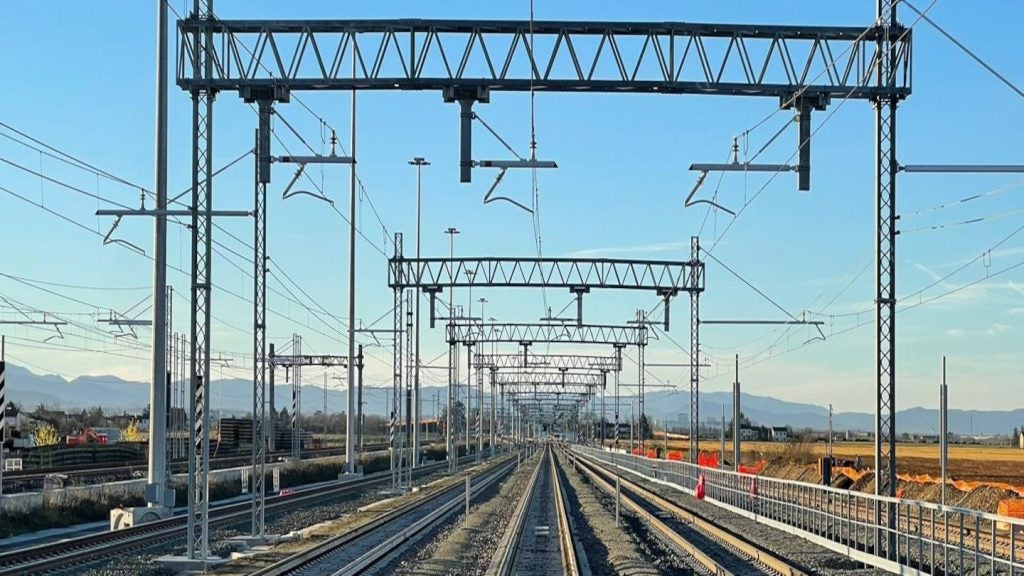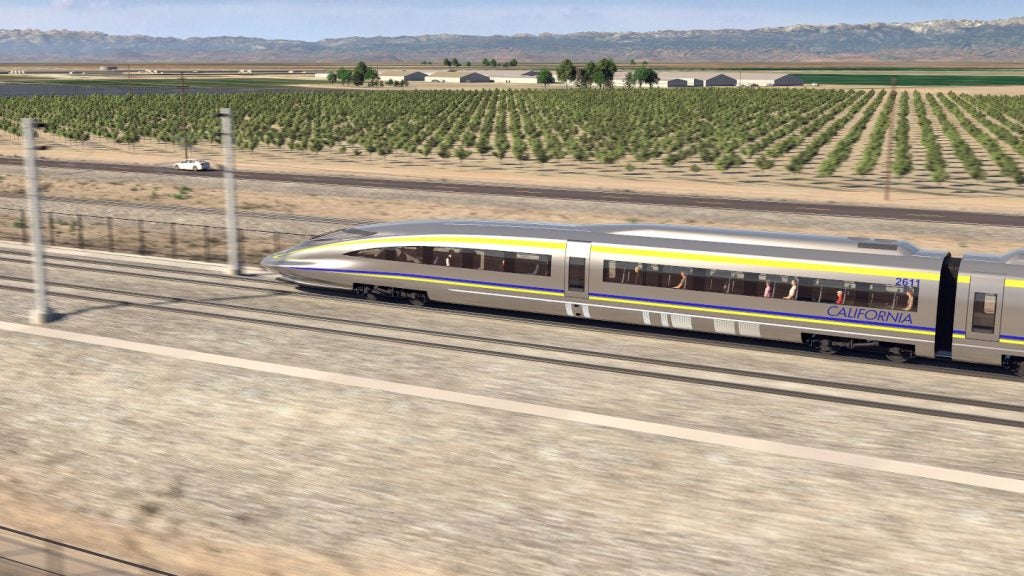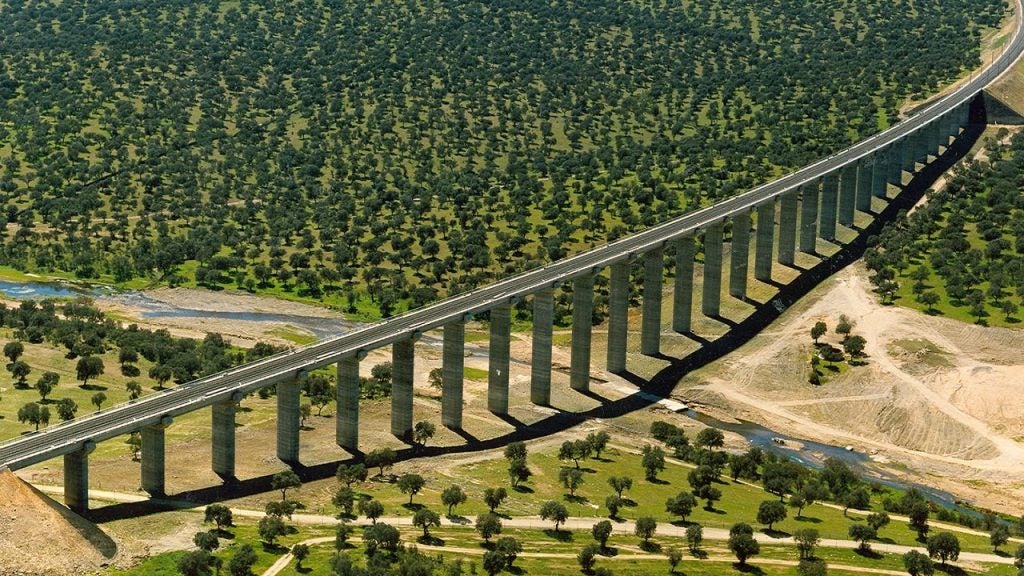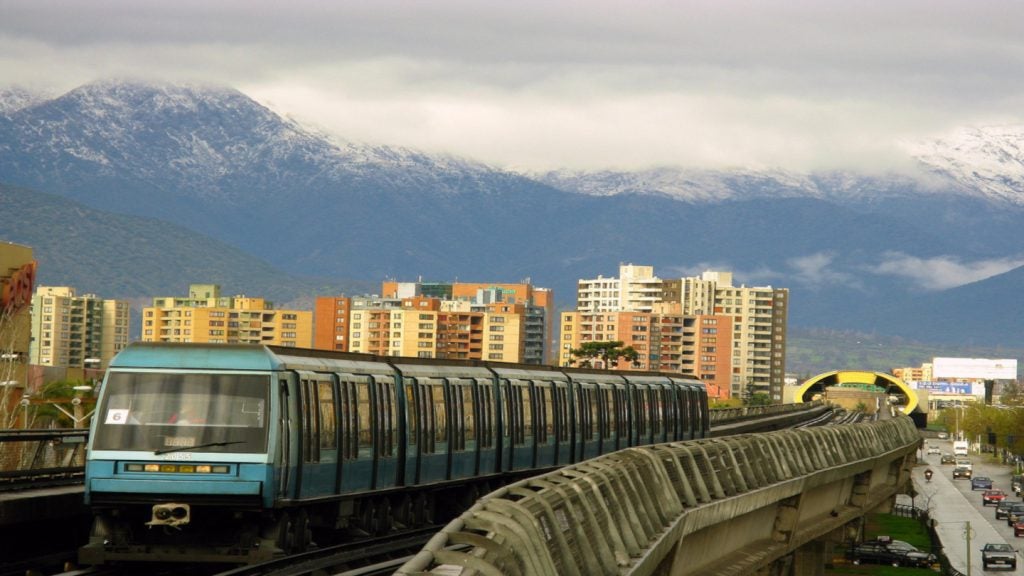The 24km Accra-Tema rail line is located between Accra, the capital city of Ghana, and Tema a city in the Greater Accra region of Ghana. Accra has a population of 1,963,264, while Tema is one of 209,000.
The city of Accra is well served by airways, railways and roadways. The Kotoka International Airport, located 10km from downtown Accra, serves both civil and military purposes. The city also has two of the three main rail lines of the country.
Project background
The Accra-Tema rail line was planned as a result of the rapid population explosion and increase in the working populations of Accra and Tema.
The ever growing population has led to heavy traffic congestion, high road maintenance costs, an increase in fuel consumption and an increase in environmental pollution.
An agreement between the Government of Ghana, Peatrak and the Kampac Group of Companies was signed to build the necessary railway infrastructure to link the three northern regions of the country.
Accra-Tema rail line project
After being abandoned for almost two decades, the Ghana railway system recently went through a major transformation. In October 2010, John Atta Mills, the Ghanaian President inaugurated a diesel engine train service worth $23m on the revamped Accra-Tema rail network.
The President himself travelled on the inaugural journey from Tema to Accra.
The Accra-Tema rail line project commenced in December 2004. It consisted of rehabilitation of the existing Tema – Accra – Nsawam suburban railway, and construction of new rail lines. It also included the construction of two big culverts at Baatsona, the reconstruction of two broken bridges at Nungua and Baatsonaa, and installation of a signalling and telecommunications system.
The first phase of the Accra-Tema line (Accra to Asoprochonaa) was inaugurated in December 2007 by the then President JA Kufuor at Asoprochonaa, near Tema. The government financed phase one with a loan of $5m, $500,000 from matching funds and $2.58m from the HIPC (Heavily Indebted Poor Countries) funds.
OPEC (Organization of Petroleum Exporting Countries) granted a loan of $5m in 2005 for the project.
In 2007, the government awarded a design, build, operate and transfer contract to Peatrack for expansion, reconstruction and operation of a rail network between Accra-Tema and Paga. The project has a concessionary period of 35 years.
Rolling stock
Initially, two diesel multiple units (DMUs) are being used to carry the travellers on the Accra-Tema route. Each train comprises a diesel engine and three or more trailing coaches depending on requirements. The two trains can carry 1,200 travellers at a go.
The built in system of DMUs allows frequent stoppage at short intervals and a quick acceleration and deceleration capability.
Some of the chief features of the train include lower fuel consumption, automatic door locks and an automatic passenger information service system. Using this, the driver can get in touch with the conductors or ticket collectors. The trains also have facilities for handicapped persons.
In 2008, the government had ordered two DMUs, two motor cars and four trailer cars from China CNR Corporation’s Tangshan plant to operate a shuttle service from Accra to Tema.
A total of $8m was paid to the suppliers between 2007 and 2008. A payment of $13.7m was made upon the arrival of the DMUs in March 2009.
Future
After commissioning the expanded Accra-Tema rail line, the President John Atta Mills broke the ground to begin continuation works on the Tema Harbour station to Japan Motors rail line.
According to Dan Markin, chairman of the Ghana Railway Development Authority (GRDA), a memorandum of understanding has been signed and funding promised by some foreign institutions for the ECOWAS (Economic Community of West African States) line from Aflao-Tema-Accra, Winneba, Cape Coast and Takoradi, to Omaape.
The first phase of the ECOWAS line including the Accra suburban line is expected to break ground in February 2011.

